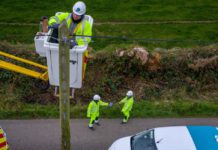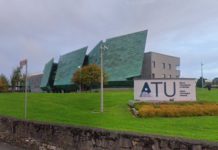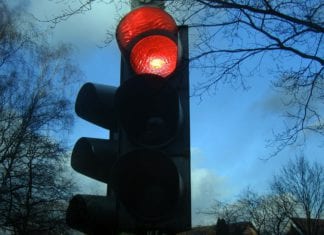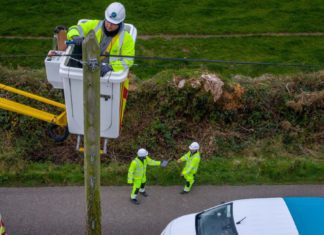It is legally permissible for the sampling of DNA from survivors and family members connected to the Tuam Mother and Baby Home a report has found.
Dr Geoffrey Shannon’s Report on the Collection of Tuam Survivors’ DNA has been published this week with proposals for a voluntary scheme of biological samples from relatives and survivors of the Tuam Home.
The purpose of collecting these samples would be for DNA comparison with remains which will be uncovered during the excavation of the Tuam Mother and Baby Home.
Survivors of the Tuam Home, and possible family members of those who may be buried there, have asked that the government begin immediately connecting samples from possible living relatives.
The concern is that many of these individuals are already quite elderly, and if DNA comparison doesn’t even begin until after the excavation is completed then a number of people could have passed on.
Responding to the report, Children’s Minister Katherine Zappone said that she is sympathetic to the concerns of survivors and family members “that their age and health profiles introduce an element of urgency when it comes to the collection of biological samples.”
The Minister stated that based on Dr Shannon’s findings she intends to instruct officials to begin drawing up a voluntary administrative scheme to begin collecting samples.
Dr. Shannon’s 97 page report examined how such a scheme might be carried out within existing legislation to gather samples while respecting any relevant family rights under Article 8 and ensuring that samples and any relevant information is properly safeguarded as personal data.
He stressed that it must be voluntary, and participants must be able to pull out at any time. He also reported that a Data Protection Officer must be appointed to satisfy GDPR requirements.
“I would like to sincerely thank Dr Shannon for his judicious and comprehensive assessment of the complex questions at hand,” Minister Zappone said.
The Minister said that it is not yet completely clear if we will be able to generate DNA profiles from the children’s remains excavated that are good enough for family matches.
“But I do not believe that this should be a barrier to hope and I am keen to give every possible opportunity to survivors and family members to try and identify the remains of those who they hold dear in their hearts”.












